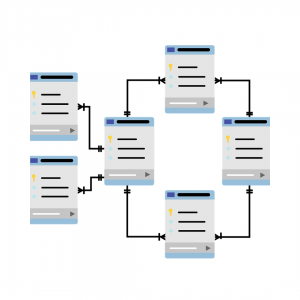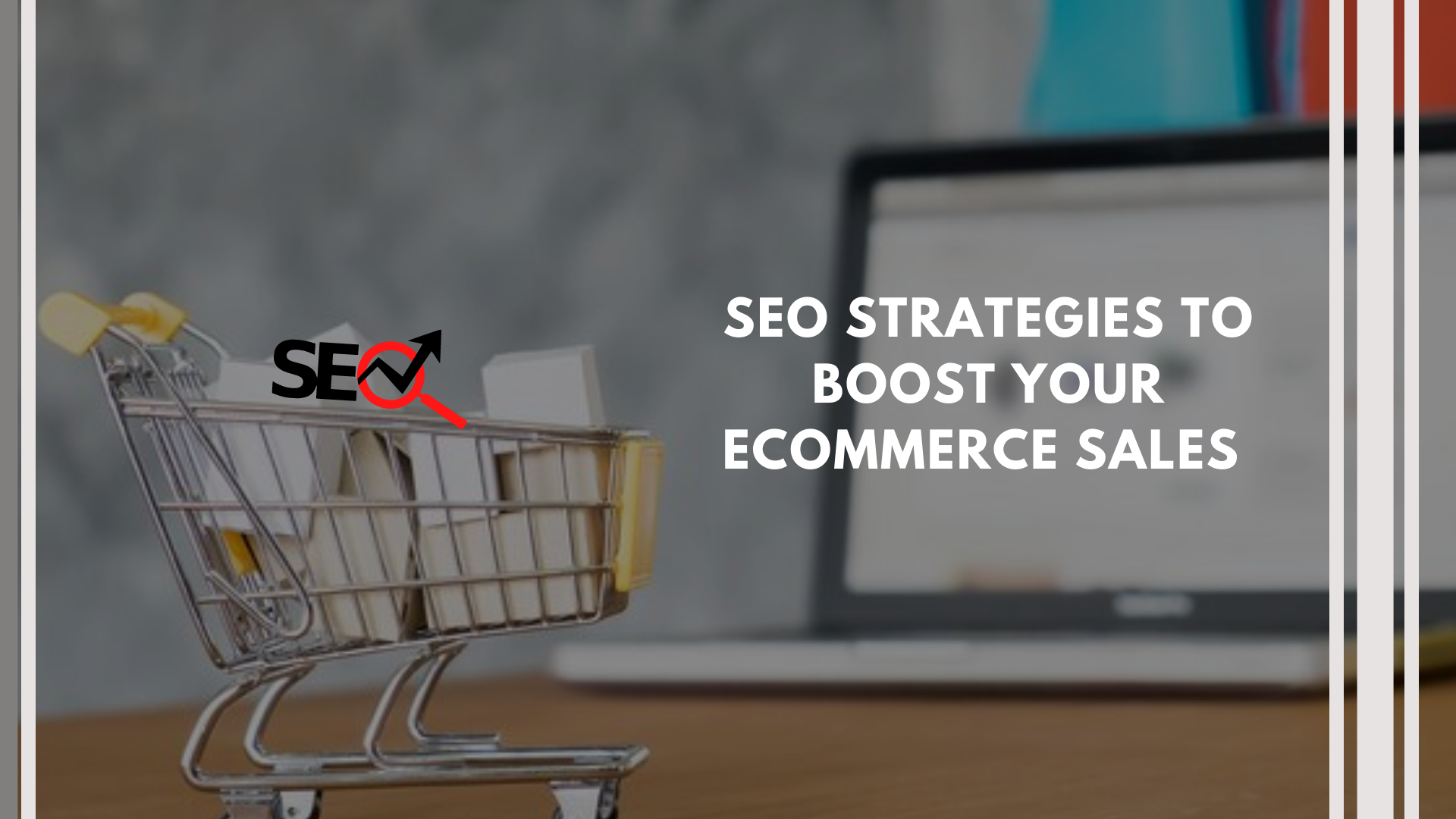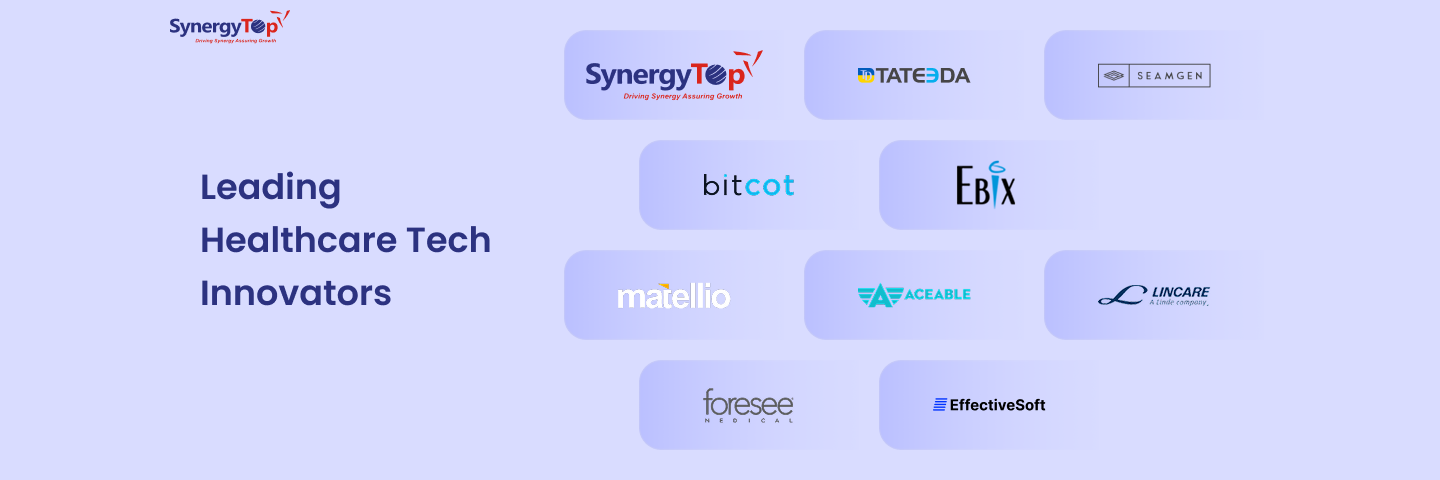Experts suggest that by 2024, eCommerce sales with reach $6.388 billion per year.
Also, by 2040, 95% of sales would be conducted via eCommerce channels.
And right now, there are over 2 billion people, across the globe, making purchases online.
With that, it becomes very clear that eCommerce is the future of business.
But did you know that the average conversion rate of eCommerce websites, globally, is only 2.58%?
69.57% of shopping carts are abandoned.
And less than 1 in a million websites reach $1,000 in sales each year.
These stats point towards the high competition in the eCommerce marketplace.
Enough of the problem. Let’s talk about the solution.
How can you boost your eCommerce sales and emerge ahead of your competitors?
One simple way is to implement SEO strategies.
Here are 8 easy, actionable eCommerce SEO strategies that you can use to boost your sales right away.
8 Ways To Boost Your eCommerce Sales With SEO
1. Bank on non-branded keywords

Branded keywords always convert better. That’s because people who are specifically looking for your brand will easily buy from you.
However, SEO goes further than just converting people who know your business. To ensure that you build awareness about your business among others and make them your customers, focus on non-branded keywords too.
Plus, when people who know your brand search for non-branded keywords and find your website, they are more likely to buy from your business because of the familiarity quotient.
2. Use SEO in all phases of the funnel

The marketing funnel can be broken down into 3 primary phases – awareness, consideration, and decision.
Make sure you are using SEO for all 3 phases. Optimize your website for keywords that people use in all 3 stages. Make this the backbone of your eCommerce SEO strategy.
3. Make proper use of long-tail keywords

Did you know that a majority of search queries are long-tail? That means you should definitely use long-tail keywords in your mix. Not picking long-tail keywords is like leaving the low-hanging fruits. An absolute waste.
Also, long-tail keywords are easier to rank for, because they are more specific and have must less competition. However, the intent is very specific. Targeting and ranking for such keywords would result in definite conversions.
4. Use Google Trends to supplement your keyword research

When you are trying to rank on the top of Google’s search results, why not take the help of tools from Google’s own arsenal?
Google Trends is one tool you can use. Even the best keyword research tools struggle when it comes to contextualizing the data. The keywords that are showing up with the highest volume might have already peaked. And low volume keywords that tools might suggest ignoring might be on a rise.
With Google Trends, you can understand the trends behind keywords and supplement your keyword research by uncovering terms that SEO tools might not be tracking.
5. Add content to eCommerce category pages for ranking

Your product pages are the pages where the ultimate conversion happens. And to make sure these pages rank, you should include relevant, keyword-containing content on these pages.
Your home and category pages might be already ranking high, but know that they bring in low-intent, high-volume traffic. And thus, optimizing product pages with content is important to bring in specific, high-intent traffic.
6. Use canonicalization to correctly implement faceted navigation

When you allow the sort/filter feature on your eCommerce store to help customers find the most relevant products, it is called faceted navigation. And it is great from a user experience point of view. But not for SEO.
With faceted navigation, multiple specific URLs get created. If not corrected in time, this can lead to an infinite number of duplicate content. These many URLs are hard to optimize and also confuse Google’s crawlers. Thus, leading to low rankings.
Make sure you fix this by canonicalization. You can also edit your robots.txt file to ignore certain URL parameters.
7. Add structured data

Google is great at optimizing the search experience for users. How many times has it happened to you that you searched for something and found an answer even without clicking on a link? Often, right?
Well, that’s because you found what you were looking for right on the Search Engine Result Page (SERP).
And while it is great for users, for businesses it means that you have to optimize how your research shows up in the search too. You cannot expect people to click on the link always.
To stand out in SERPs and highlight information that people would want to click on, use structured data markup. Though it isn’t a ranking signal, it boots visibility and enhances the chances of getting visitors to click. As an eCommerce store, you should the product and review markup. For brick-and-mortar stores, the location markup is great.
8. Improve page load time

Like every other business, site load speed is an important factor for eCommerce stores. Customers leave your site without spending a dime if your site loads slowly. Not just that, even Google uses site load speed as a ranking factor for both mobile and desktop rankings.
Make sure you use tools like Google Page Speed Insights to check your site speed and optimize it based on suggestions if the site is slow to load.
Don’t want to spend so much time on SEO?
Not sure if you’d be able to get the technical aspects right?
Need a quick, turnkey solution to boost your eCommerce sales?
Avail SEO for eCommerce services from experts at SynergyTop by requesting a custom quote today!
About SynergyTop
SynergyTop is a well-known digital commerce company offering end-to-end eCommerce, mobile app, web, and custom software development services. We also offer a range of digital marketing services like SEO, SMO, content marketing, PPC, and more.
With the use of cutting-edge technologies our team of experts delivers bespoke solutions for your business and ensures a better bottom line.
For business inquiries, write to us at contact@synergytop.com
















